How are decisions made in your company? Chances are that there’s a deeply ingrained system involving circuitous hierarchical detours and ultimately a human decision maker who proceeds with limited information. Changes are planned through educated guesses and implemented with a hope and a prayer. Congratulations: You’re like most traditional businesses. But the future will demand more from your company; and data, AI and a willingness to embrace uncertainty will help you deliver. This Boston Consulting Group Henderson Institute report offers solid advice for navigating the choppy waters of change.
Advanced data analytics make it easier than ever to enact evidence-based strategies.
A study of hundreds of large companies revealed five components critical to successful change management. The first was that companies must “ground change programs in evidence.” There was a time when businesses implemented change using a leader’s intuition, customer surveys, and other subjective data. Advances in data collection and analytics mean those days are over – or should be. “Evidence-based transformation” involves creating a well-defined purpose that employees can get behind, taking a deep look at historical data and then applying analyses that generate insights specific to a company’s unique situation. Evidence-based transformation often means you can anticipate change and act rather than reacting after the fact, thus turning challenges into opportunities for competitive advantage.
Change isn’t a smooth sprint from point A to point B. Rather, it’s a meandering exploration of a “landscape of possibility.”
To best navigate the landscape of change, try to “de-average change strategies according to the nature of the challenge at...
Lars Faeste, Martin Reeves and Kevin Whitaker contribute to the BCG Henderson Institute, a strategy think tank for the Boston Consulting Group.














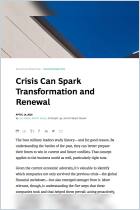

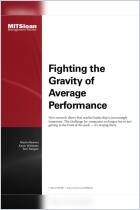





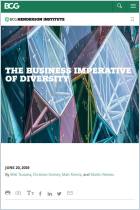





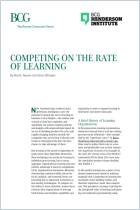


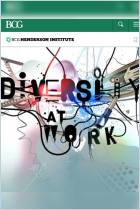


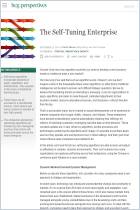
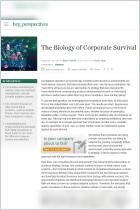

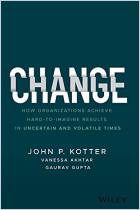


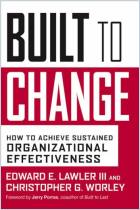
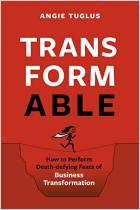
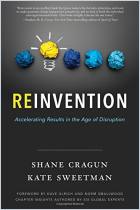



Comment on this summary or Start Discussion